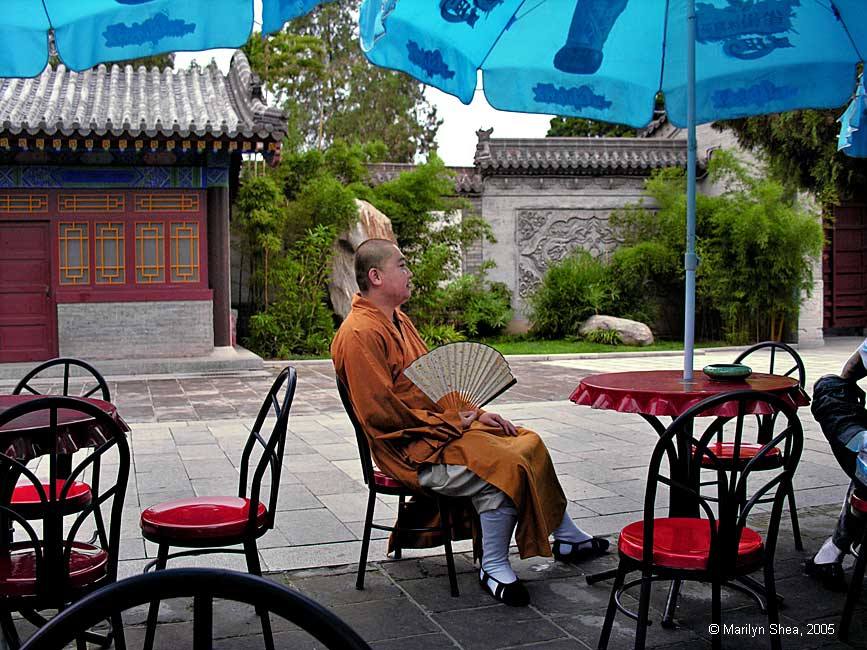 |
| Xuanyuan developed what is called the Faxiang School of Buddhism 法相宗 (Fǎxiàng zōng). It was developed more fully by his follower, Kuiji 窺基 (Kuījī). It was supplanted by other schools of thought such as Tiantai 天台宗 (Tiāntái zōng), Huayan school 華嚴宗 (Huáyán zōng), and Ch'an 禅 (Chán) and Pure Land. The last two are forms of Mahāyāna (Mahāyāna).
What makes Xuanyuan stand out from others is not his journey to India to collect manuscripts; many others had done that. There were many sutras brought from India since the 1st century BC. But Xuanzang could find no systematic examination of them. There were too many missing pieces. Many others had made the pilgramage and suffered hardships on the way; both Indian and Chinese monks made the journey. It wasn't even his brilliance at diplomacy or his skill in debate and understanding the sutras that made him great. His influence and imprint on history come from his exacting scholarship and the passion for truth that dogged his every step. He didn't just spend 12 years holed up in the Da Ci'en Temple doing translations; since he was 13 years-old, he had devoted his life to building the language skills, scriptural knowledge, and analytical skills that were required for the task. He studied and translated in India for most of the years of his sojourn. He questioned and examined the best minds about the interpretations of the sutras and challenged them with the inconsistencies in order to resolve them. His passion and energy are evident not only in his own work but in the actions of those he met. The Tang Taizong Emperor had him write the story of his journey because his analytical and observational skills collected encyclopedic knowledge, knowledge about things that other men saw but did not understand. Huili wrote his biography because his life was worth emulating. These two works coupled with the translations of the Tripikata ensured his place in history. |
http://hua.umf.maine.edu/China/xian2.html
Last
update: March 2010
© Marilyn Shea, 2010